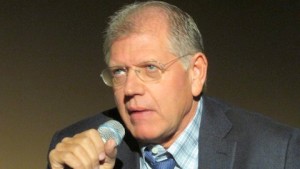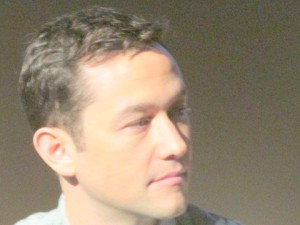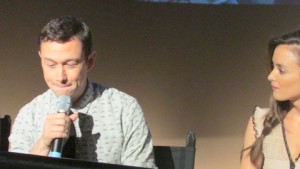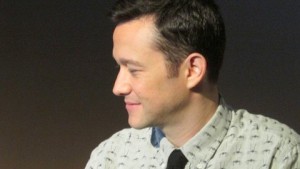Written by Susan Kouguell for SydneysBuzz
A Conversation with
Academy Award-Winning Director
Marcel Ophüls

Several days prior to the “The Memory of Justice” (1976) screening of the newly restored film at the New York Film Festival, on September 27, Professor Regina Longo, Cinema Studies faculty at Purchase College, SUNY, moderated a discussion with Oscar-winning director Marcel Ophüls.
From the New York Film Festival: “The third of Marcel Ophüls’ monumental inquiries into the questions of individual and collective guilt following the calamities of war and genocide, ‘The Memory of Justice’ examines three of the defining tragedies of the Western world in the second half of the 20th century, from the Nuremberg trials through the French-Algerian war to the disaster of Vietnam, building from a vast range of interviews, from Telford Taylor (Counsel for the Prosecution at Nuremberg, later a harsh critic of our escalating involvement in Vietnam) to Nazi architect Albert Speer to Daniel Ellsberg and Joan Baez.”

Marcel Ophüls
Conversation Highlights
On The Memory of Justice
Making the film — it was not sense of mission. I didn’t think I had to teach other people what the Holocaust was about or what other aspects of World War II were about. It was my job to make an audio visual form of storytelling of contemporary events. I don’t want to change the world. I think that’s much too big a job.
On Interviewing
I don’t script in advance at all. I don’t know what people will tell me in advance and they usually know in advance why you want to see them. it’s often the things that surprise me, that tend to surprise the public. I think the films I’ve tried to do, only come to life when the interviews become conversations.
React to what the person has told you as quickly as possible and get away from the prepared questions. If you don’t respond to their thoughts, what he or she has just told you, you never get a conversation, you get only an interview.
I try to get away from the idea of talking to a person (the subject) before the interview otherwise you have to explain too much. Well, you talk to the person on the phone beforehand when you set up an interview, but I don’t talk about the subject matter. You need to communicate minimal information. It’s the details of the answers, even if they go into a tangent. To me, it’s the spontaneity. Anything that interferes with spontaneity is bad.
I’m rather a passive interviewer. I don’t interfere very much.

Role of Editing
The role of editing is really doing all the work that is necessary like when you do a narrative film. The structuring work is done in the editing room on the basis of the rushes. There are some ideas beforehand.
All films should be narratives whether fiction or not. Storytelling is awfully important. A story with a beginning, middle and end.
On Objectivity
I’ve become more and more convinced that objectivity (in documentaries) doesn’t exist. This includes journalists, even in local news, reporters who report about a fire, some of them go to the fire chief for their information, others will tend to try to get a story with the victims. The choices you make, as an observer of events, are based on your own life and your own interests.
The question is, who narrates and from what point of view.

“Why must there be exceptions?” Marcel Ophüls asks one of his subjects in The Memory of Justice.
The many ways in which Ophüls’ subjects justify their actions in this film allow viewers to draw their own conclusions. The film examines the collective versus individual responsibility, a theme further underscored when Ophüls, an exile from Nazi Germany interviews his wife, a German woman, who recounts her membership in the Hitler Youth.







